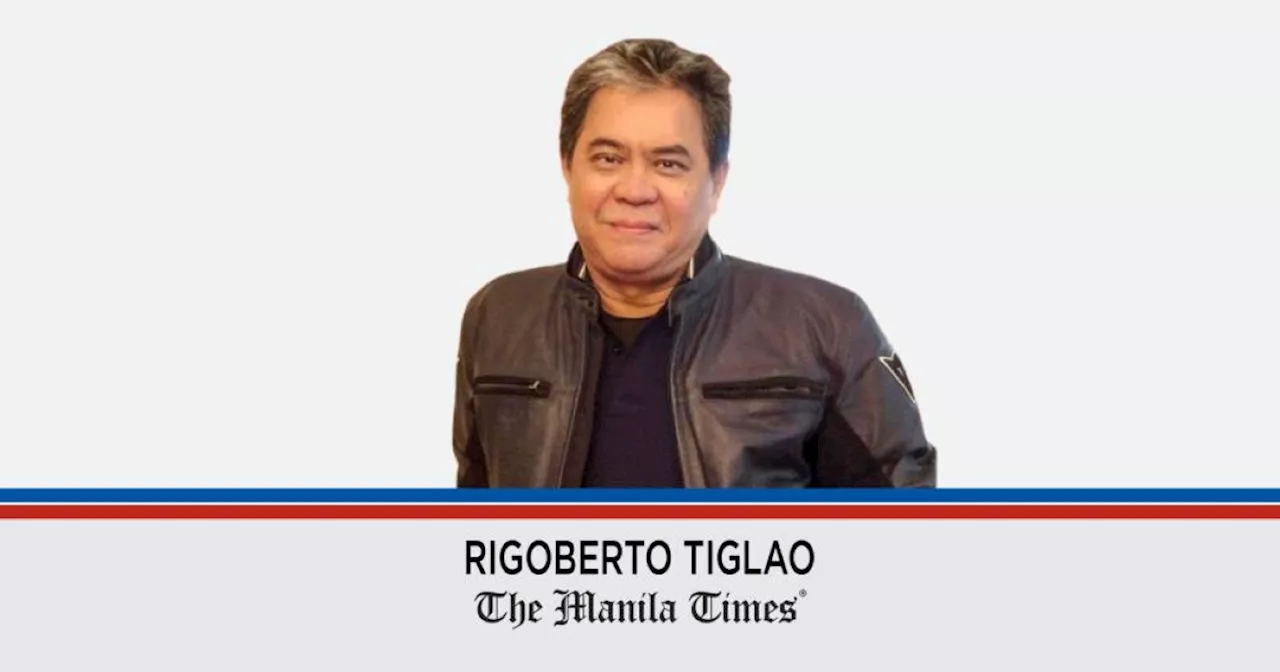This article delves into the inherent flaws within democratic systems, highlighting how the ideals of equality, representation, and justice often fall short in practice. It explores issues like the dominance of political elites, the undue influence of money in elections, the manipulation of public opinion, and the lack of accountability among elected officials. The text argues that these shortcomings create a system that favors the powerful and marginalizes the less fortunate, ultimately threatening the very foundations of democracy.
First of three partsWITH the elections consuming our country's political life up to May, and with the past 2022 polls giving our country what would be the worst post-EDSA administration that would likely result in our nation's ruin, it is a good enough time to analyze critically this phenomenon created by modern capitalism (the free worker equals free voter).
It certainly would likely take at least a century before mankind can invent a better system than 'democracy' and 'capitalism' — but we have to start the debate.I asked my online researcher (ChatGPT) to give me a summary of democracy's flaws, which I post as follows. (I will discuss and provide the details for these flaws on Wednesday and Friday.)Democracy is often regarded as humanity's greatest political invention, promising equality, representation and justice for all. It is the ideal of governance: a system where the people themselves hold the reins of power, exercising their will through free elections and fair laws. Yet, for many, this ideal remains just that — an ideal. In practice, democracy is seen as a hollow shell, a system that has been hijacked by the very forces it was designed to guard against. To its critics, democracy is no more than a sham, a grand performance that conceals corruption, inequality and exploitation.One of the most glaring flaws in many democracies is the dominance of political dynasties and entrenched elites. Instead of being a government by the people, democracy often becomes a government by the few, with power concentrated in the hands of a small number of families or clans. In countries like the Philippines, the names of political families dominate election ballots, and positions of power are passed from one generation to the next like heirlooms. The same is true in other parts of the world, where power remains the purview of a privileged class. This dynastic control undermines the very principle of equal opportunity that democracy is meant to uphold. Instead of offering fresh leadership and new ideas, elections become contests between competing factions of the elite, leaving the ordinary citizen with little real choice.MoneyThe influence of money further corrupts the democratic process. In theory, elections are supposed to reflect the will of the people, but in practice, they often reflect the will of those who can afford to buy influence. Campaigns require vast sums of money for advertisements, rallies and grassroots operations, making it nearly impossible for candidates without deep pockets — or connections to wealthy donors — to compete. In some cases, this financial power translates directly into corruption, with votes being outrightly purchased or favors promised in exchange for support. The result is a political system that serves the interests of the wealthy and powerful while marginalizing the poor and disenfranchised.Adding to the problem is the manipulation of public opinion, which has become increasingly sophisticated in the digital age. Populist leaders often exploit the fears and frustrations of the masses, using emotional appeals and simple slogans to gain support. These leaders present themselves as saviors, promising to solve complex problems with quick fixes, even as they erode democratic norms. Social media has amplified this phenomenon, providing a platform for misinformation and propaganda. Fake news spreads rapidly, polarizing societies and undermining trust in institutions. Instead of fostering informed debate, modern democracies are increasingly plagued by echo chambers and disinformation campaigns.Even when elections are free and fair, democracy often falters in its execution. Once in office, elected leaders frequently prioritize their own interests — or those of their financial backers — over the needs of the public. Corruption becomes endemic, with public funds siphoned off for private gain. Accountability mechanisms, such as independent courts and watchdog institutions, are often weak or compromised, leaving citizens with few avenues for recourse. The result is a system where the powerful can act with impunity, secure in the knowledge that they are unlikely to face consequences.AccountabilityThis lack of accountability contributes to a growing sense of disillusionment among voters. Many citizens feel that their votes do not matter, that the system is rigged against them. This disillusionment leads to voter apathy, with turnout rates declining in many democracies. When citizens disengage from the political process, it creates a vicious cycle: politicians become less accountable to the public, further eroding trust in democracy and alienating even more voters.Another significant flaw in democratic systems is their inability to address deep-rooted social and economic inequalities. While democracy promises equality, the reality is that power and resources are often concentrated in the hands of a small elite
DEMOCRACY POLITICS ELECTORAL SYSTEM CORRUPTION INEQUALITY PUBLIC OPINION
Philippines Latest News, Philippines Headlines
Similar News:You can also read news stories similar to this one that we have collected from other news sources.
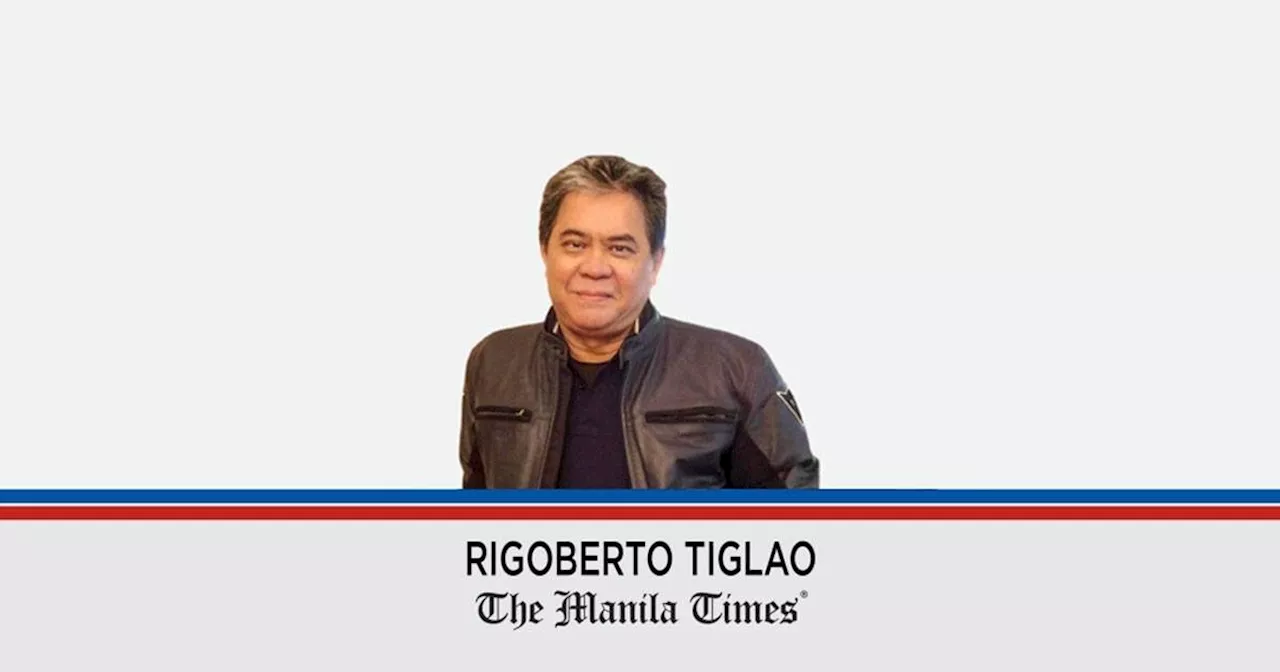 SWS Impeachment Poll: A Flawed Report and Its Political RamificationsAn analysis of the Social Weather Stations (SWS) report on public support for the impeachment of Vice President Sara Duterte reveals significant methodological flaws that likely led to misleading conclusions.
SWS Impeachment Poll: A Flawed Report and Its Political RamificationsAn analysis of the Social Weather Stations (SWS) report on public support for the impeachment of Vice President Sara Duterte reveals significant methodological flaws that likely led to misleading conclusions.
Read more »
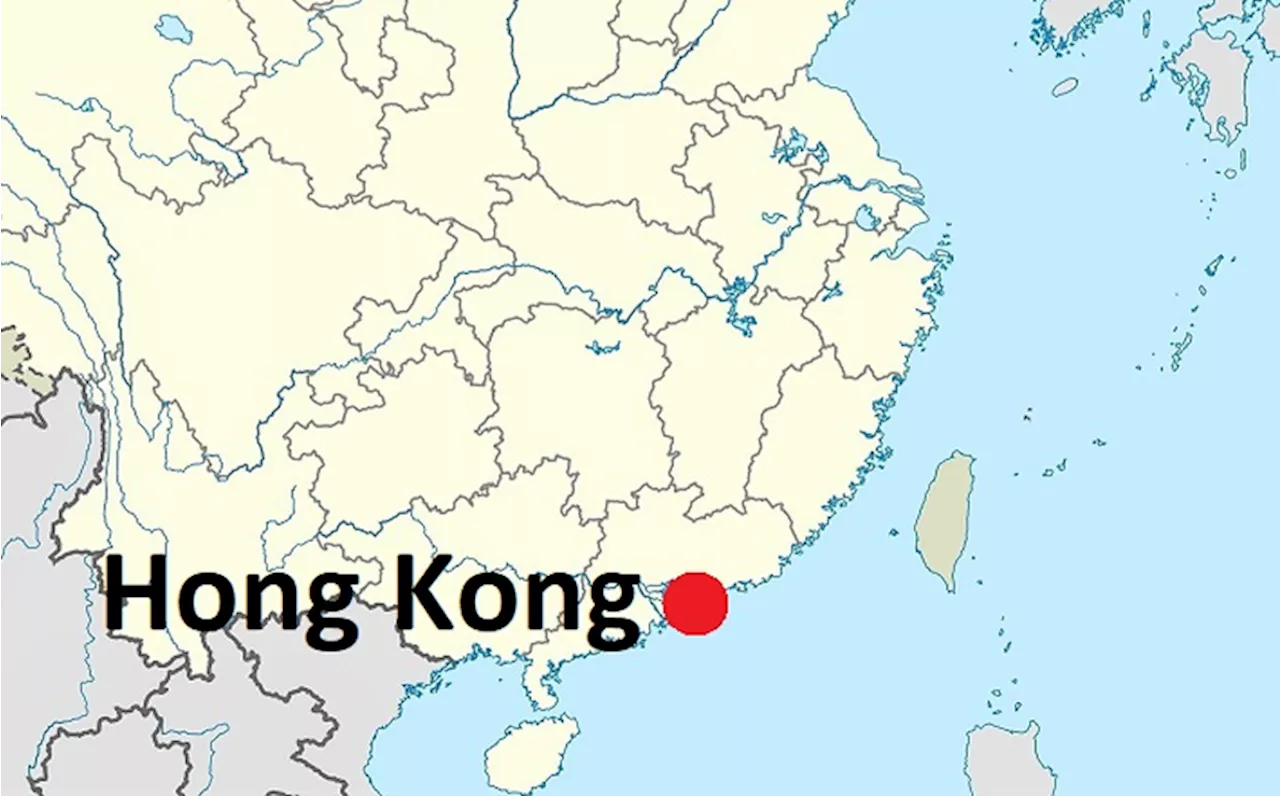 China Warns US Over Hong Kong's Bounty on Democracy ActivistsChina has condemned US criticism of Hong Kong's announcement of bounties on six democracy activists living abroad, accusing the US of interfering in its domestic affairs. The US State Department labeled the move as 'transnational repression'.
China Warns US Over Hong Kong's Bounty on Democracy ActivistsChina has condemned US criticism of Hong Kong's announcement of bounties on six democracy activists living abroad, accusing the US of interfering in its domestic affairs. The US State Department labeled the move as 'transnational repression'.
Read more »
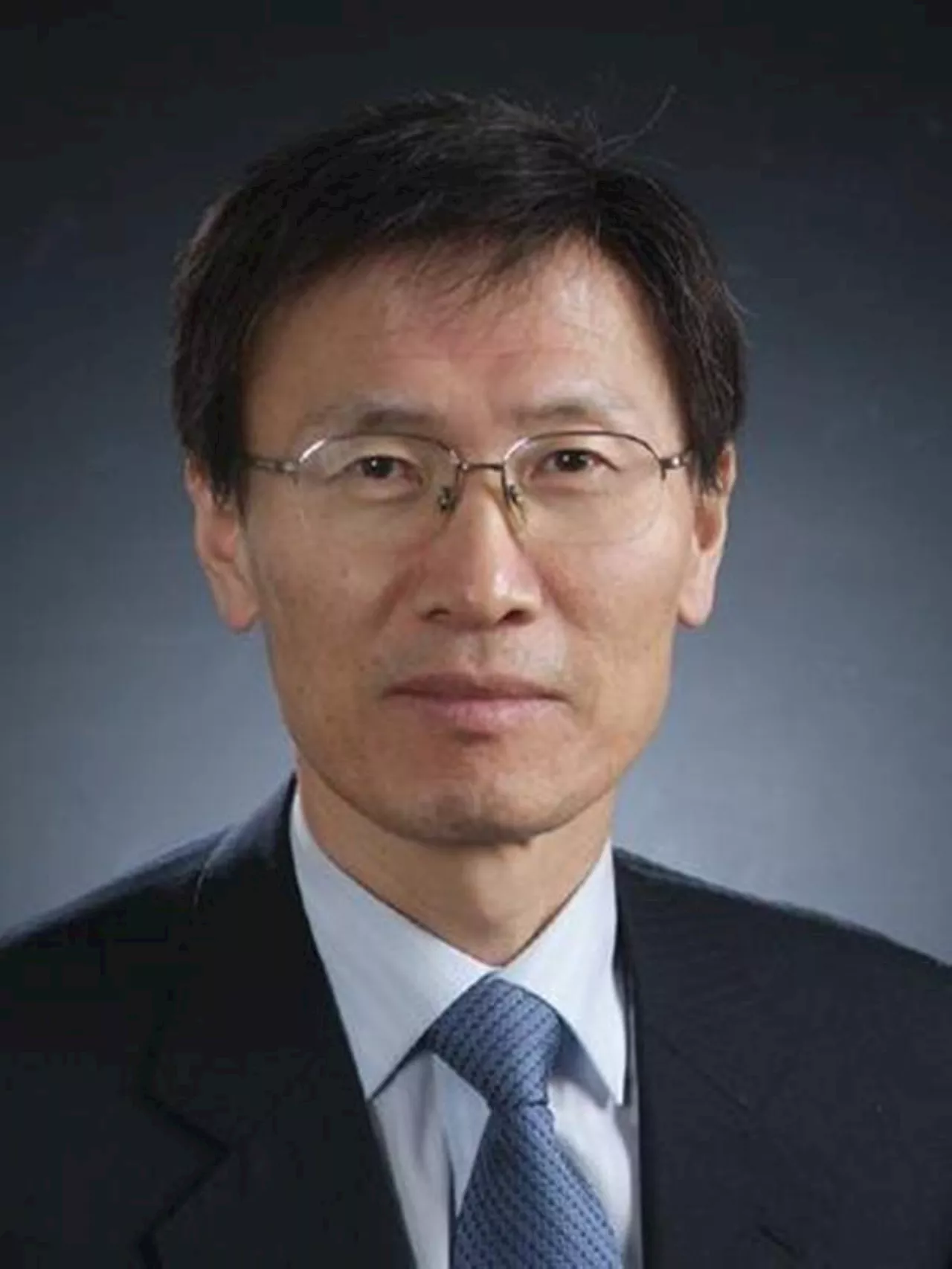 South Korea's Democracy Tested: Yoon Impeached as Political Crisis DeepensPresident Yoon Suk Yeol's declaration of martial law and subsequent impeachment highlight weaknesses in South Korea's political system.
South Korea's Democracy Tested: Yoon Impeached as Political Crisis DeepensPresident Yoon Suk Yeol's declaration of martial law and subsequent impeachment highlight weaknesses in South Korea's political system.
Read more »
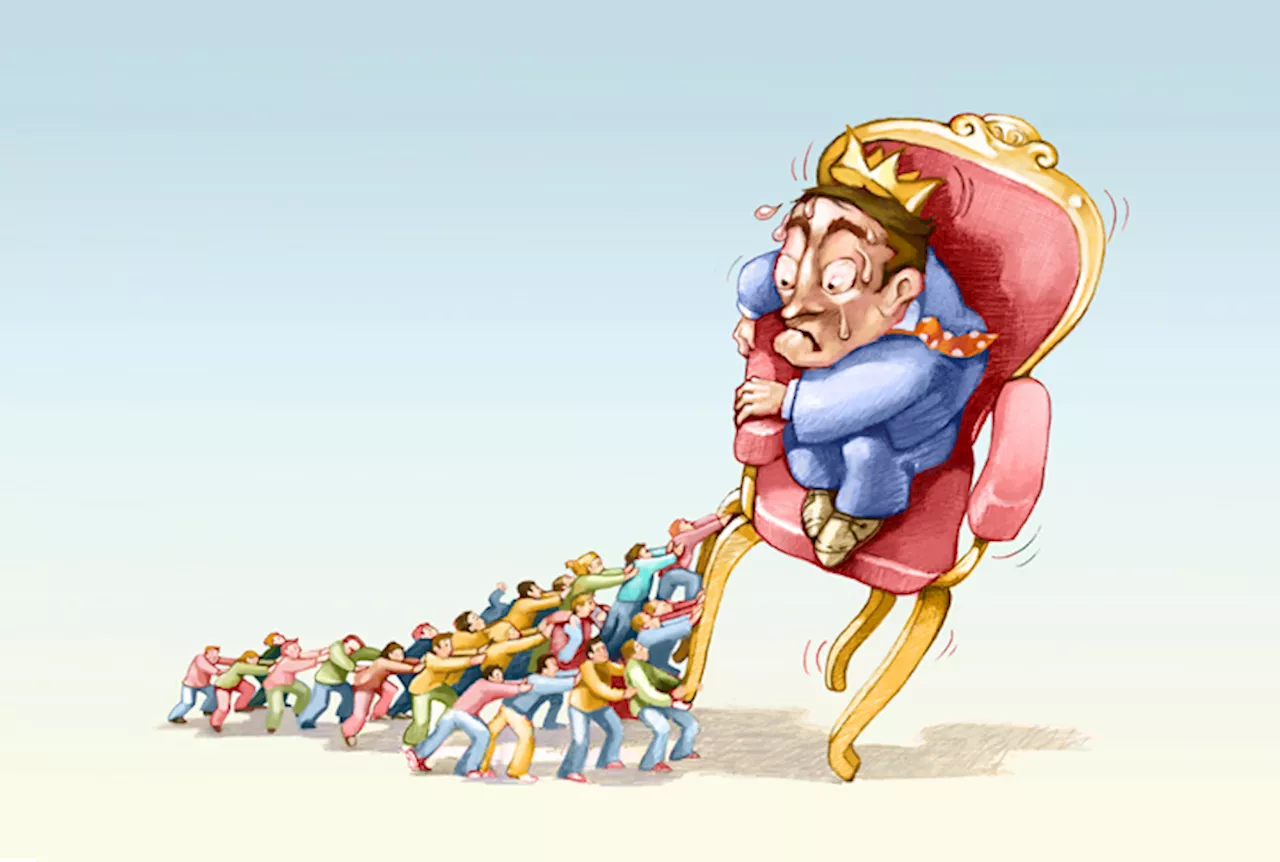 Democracy in a Tumultuous Year2023 saw a mix of democratic triumphs and challenges, with elections highlighting public discontent and instances of authoritarianism.
Democracy in a Tumultuous Year2023 saw a mix of democratic triumphs and challenges, with elections highlighting public discontent and instances of authoritarianism.
Read more »
 Philippines: Democracy as Reality TV in 2024The Philippines has transformed democracy into a high-stakes reality show in 2024, marked by natural disasters, political tensions, and legal controversies.
Philippines: Democracy as Reality TV in 2024The Philippines has transformed democracy into a high-stakes reality show in 2024, marked by natural disasters, political tensions, and legal controversies.
Read more »
 Unchecked Power: The Bicam and Erosion of DemocracyThis article explores the concerning power wielded by the Bicameral Conference Committee (bicam) in the Philippines, highlighting its ability to rewrite legislation passed by both houses of Congress. It argues that this practice undermines democratic principles and the sovereignty of the people.
Unchecked Power: The Bicam and Erosion of DemocracyThis article explores the concerning power wielded by the Bicameral Conference Committee (bicam) in the Philippines, highlighting its ability to rewrite legislation passed by both houses of Congress. It argues that this practice undermines democratic principles and the sovereignty of the people.
Read more »
